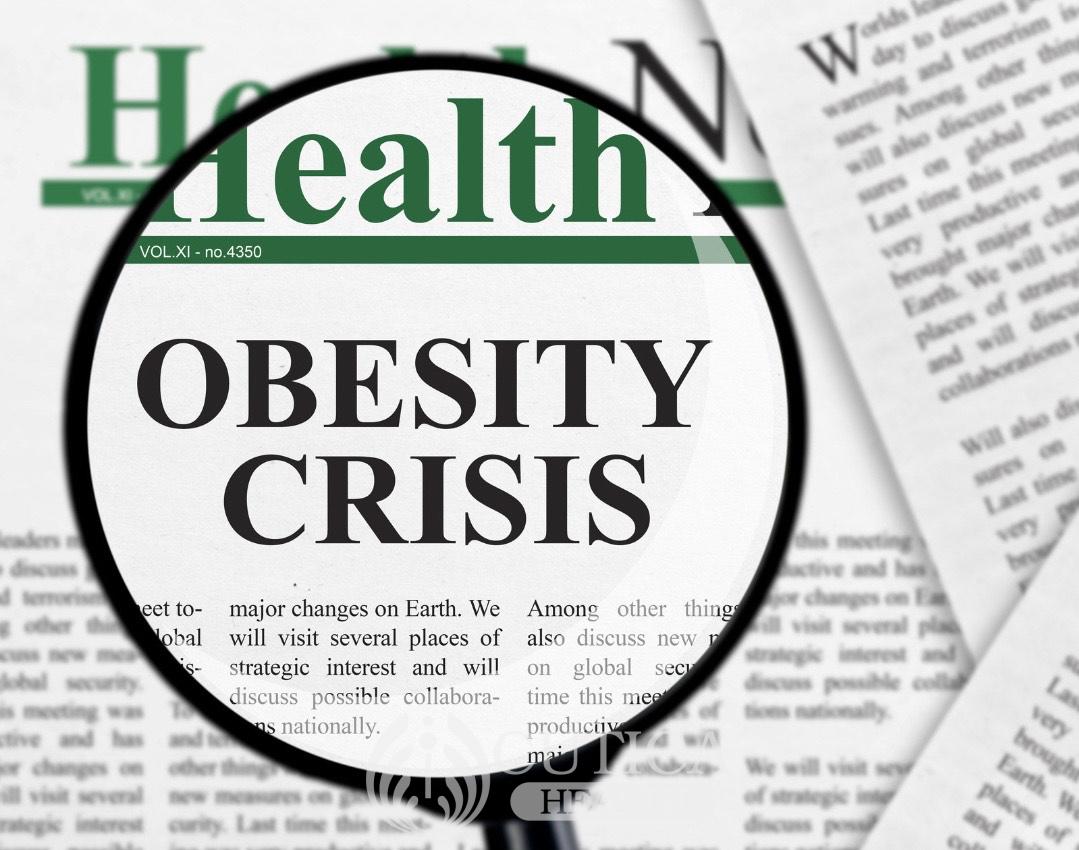
When to visit a doctor
It’s time to visit your doctor if you’ve lost a significant amount of weight without deliberately trying to. Call attention to a weight loss of 5% of more of your body weight, if it occurred without dieting or exercise, in less than six months. For example, if you have weighed 80 kg for years, a loss of more than 4 kg should get your attention.
Significant weight loss may be an indicator of an underlying medical condition, but not all weight loss is a symptom or sign of a serious illness. Unintentional weight loss of greater than 10% is medically termed wasting, and is typically due to an underlying medical condition. Your doctor will examine and carry out relevant tests for a proper diagnosis.

Family and friends of Mr. Kwame were very delighted to welcome him back home from Japan where he is an English teacher. His mother commented on his weight loss and so did his friends. Kwame dismissed the claims saying that he had a hectic work schedule back in Japan. He visited his doctor a week later after trying on a pair of jeans that fit six months ago – extremely loose at that moment. After several tests, he was diagnosed with diabetes.
Unexplained weight loss can be due to:
Unintentional weight loss can due to conditions that result in decreased caloric intake or “wasting” of nutrients if caloric intake is adequate.

- Depression and anxiety due to stressful life events like grief, loss, separation, or divorce, a new job, moving home, among others.
- Malnutrition, commonly in children and the elderly.
- Endocrine conditions like; diabetes, hyperthyroidism (overactive thyroid), hypothyroidism (underactive thyroid), among others.
- Cancer – almost half of people with cancer have unintentional weight loss.
- Gastrointestinal disorders – Crohn’s disease, and IBS (Inflammatory Bowel Syndrome)
- Chronic infections such as tuberculosis, endocarditis (heart valve infection), chronic pancreatitis (inflammation of the pancreas), and HIV/AIDS.
- Neurological conditions such as Alzheimer’s and Parkinson’s disease
- Prolonged use of medications with nausea or vomiting and diarrhea as a side effect may cause weight loss.
- Financial difficulties, food insecurities, physical disabilities, dental problems, and many others.
Ways to avoid and address unintentional weight loss

- Weigh yourself often to spot any weight change.
- Keep an eye on your food amounts, content, and physical activity to ensure you’ve met the daily calorie need.
- Manage life’s stresses to avoid anxiety and depression, and visit a therapist if possible.
- Ensure children, the elderly, the disabled and vulnerable persons in the community are taken care of nutritionally, physically, and psychologically.
- Visit the doctor once you notice unexplained weight loss or any other symptoms.












